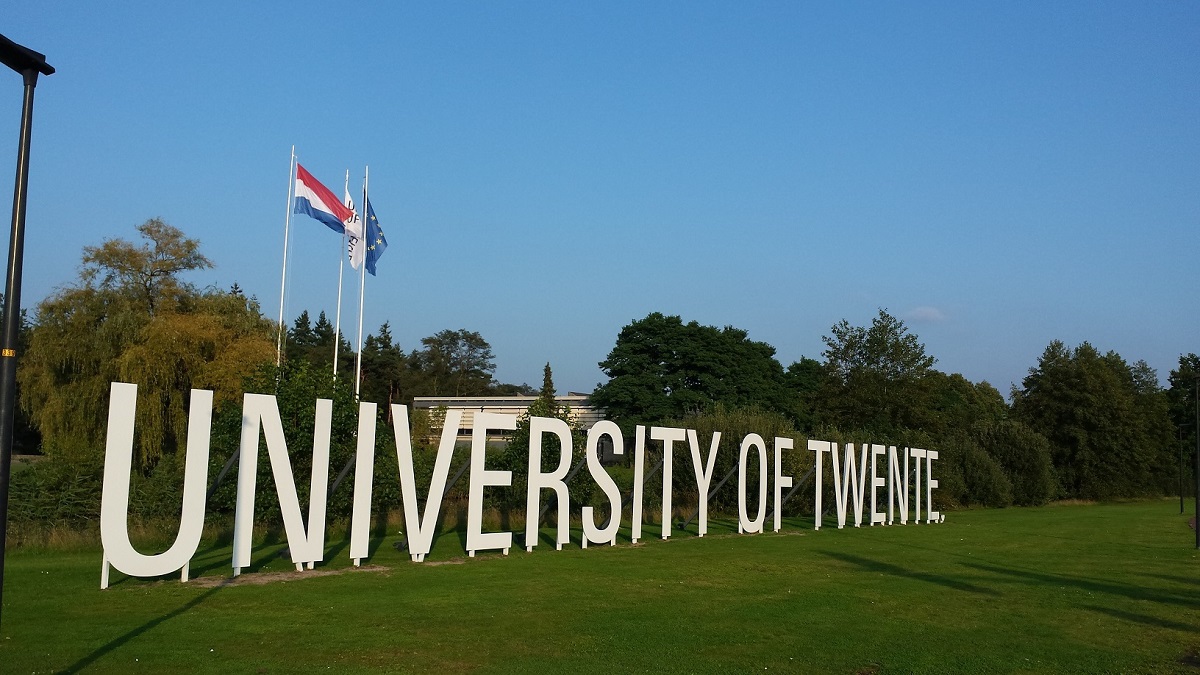
Super-FALCON, a project funded by the European Research Council (funding instrument: ERC Starting Grant) on Super-resolution, ultrafast and deeply-learned contrast ultrasound imaging of the vascular tree.
Our healthcare system is under unsustainable strain owing, largely, to cardiovascular diseases and cancer. For both, imaging vasculature and flow precisely is paramount to reduce costs while improving diagnosis and treatment. Specifically, the focus is on the multiscale aspects of shear, vorticity, pressure, and mechanics within arteries and capillary beds (10 – 200 um vessels). However, this requires an imaging depth of ~10 cm with a resolution of ~50 um. Furthermore, velocities often exceed 1m/s, which requires a frame rate of ~1000 fps. So far, clinical imaging modalities have been incapable of reaching sufficient spatiotemporal resolution and there is thus a dire need for new techniques.
Plane-wave ultrasound enhanced with contrast microbubbles outperforms all modalities in safety, cost, and speed, and is thus the ideal candidate to address this need. The strategy proposed in the Super-FALCON project harnesses the nonlinear dynamics of monodisperse microbubbles. Work package 1 (PhD position 1) will use deep learning and GPU-accelerated acoustic simulations to recover super-resolved (1/20th of the wavelength) bubble clouds. In work package 2 (PhD position 2), we will create a new physical model for confined bubbles and use them as nonlinear sensors for capillary imaging. In work package 3 (PhD position 3), we will disentangle attenuation and scattering using the physics and mathematics of nonlinear ultrasound propagation complemented with deep learning. This will allow us to correct for wave distortion and apply the strategies from work packages 1 and 2 in deep tissue. Finally, in work package 4 (postdoc position), we will use automatic segmentation to integrate the results of WP1, 2 and 3 into a technology that we will scientifically assess on vascularized ex vivo livers.
The ambition of the Super-FALCON project team is initiate a paradigm shift in Ultrasound imaging.
Short project description – Work package 1
In this project, you will build a new arterial flow imaging strategy using nonlinear bubble dynamics. You will bring an innovative neural network [1] to the next level in order to identify and isolate nonlinear bubble signals within the raw data received by the ultrasound transducer. You will also directly integrate image reconstruction in the network to provide accurate representations of dense bubble clouds at a resolution of 1/20th of the US wavelength. You will exploit new optimal transport algorithms to translate super-resolved images into real-time velocity and pressure gradient fields. To generate the training data, you will be able to use a novel simulator (developed in collaboration with the university of Delft) which couples flow dynamics, inhomogeneous propagation, and nonlinear bubble physics to generate the training data. You will first assess your discoveries on a rotating drum flow setup, which provides known velocity and pressure fields applied to bubbles in free field. Validation in pulsatile flow will be conducted in our in-vivo-mimicking setup.
[1] Blanken, N. , Wolterink, J. M., Delingette, H. , Brune, C. , Versluis, M. , & Lajoinie, G. (2022). Super-Resolved Microbubble Localization in Single-Channel Ultrasound RF Signals Using Deep Learning. IEEE transactions on medical imaging, 41(9), 2532-2542. https://doi.org/10.1109/TMI.2022.3166443
YOUR PROFILE
- You have a Master’s degree in applied physics, applied mathematics, or engineering.
- You have at least some experience with deep learning e.g., during your training and/or internships.
- You are a team player and enjoy interdisciplinary work.
- You have good communication skills, and you are driven by scientific curiosity.
- You can speak and write English proficiently.
OUR OFFER
- A full-time position for four years, with a qualifier in the first year, and the flexibility to work (partially) from home.
- Your salary and associated conditions are in accordance with the collective labour agreement for Dutch universities (CAO-NU).
- A professional and personal development program within Graduate School Twente.
- A starting salary of € 2.770,- in the first year and a salary of € 3.539,- in the fourth year gross per month.
- There are excellent benefits including a holiday allowance of 8% of the gross annual salary, an end-of-year bonus of 8.3%, and a solid pension scheme.
- A minimum of 29 holidays per year in case of full-time employment.
- Excellent working conditions, an exciting scientific environment, and a green and lively campus.
- Free access to sports facilities on campus.
- A family-friendly environment and institution that offers parental leave (both paid and unpaid).
INFORMATION AND APPLICATION
Your reaction should include an application/motivation letter, emphasizing your specific interest and motivation, a detailed CV, and an academic transcript of B.Sc. and M.Sc. education. Please apply before September, 15 2023, through the “Apply now” button on this page. An interview and a scientific presentation will be part of the selection procedure.
For more information about the position, you are encouraged to contact Guillaume Lajoinie ( g.p.r.lajoinie@utwente.nl )




